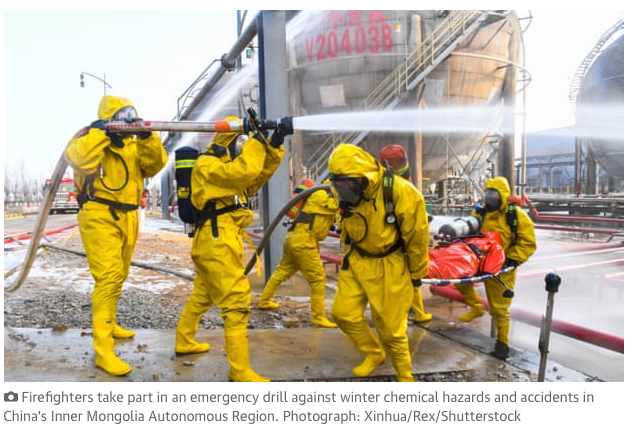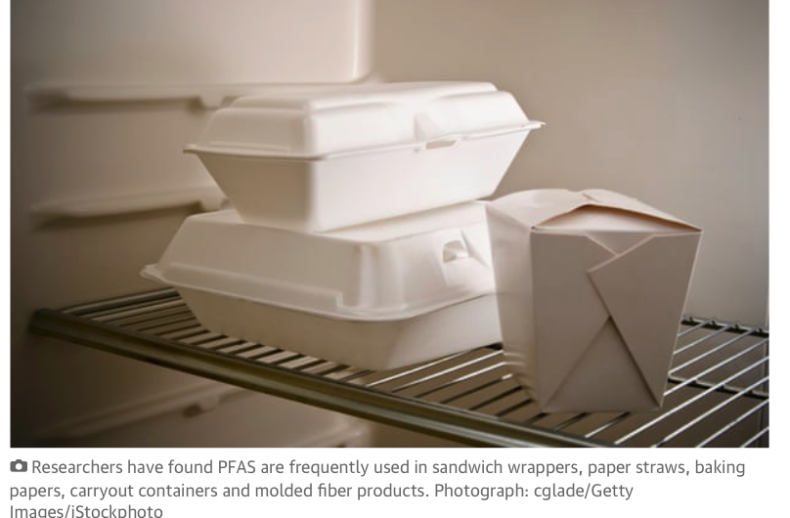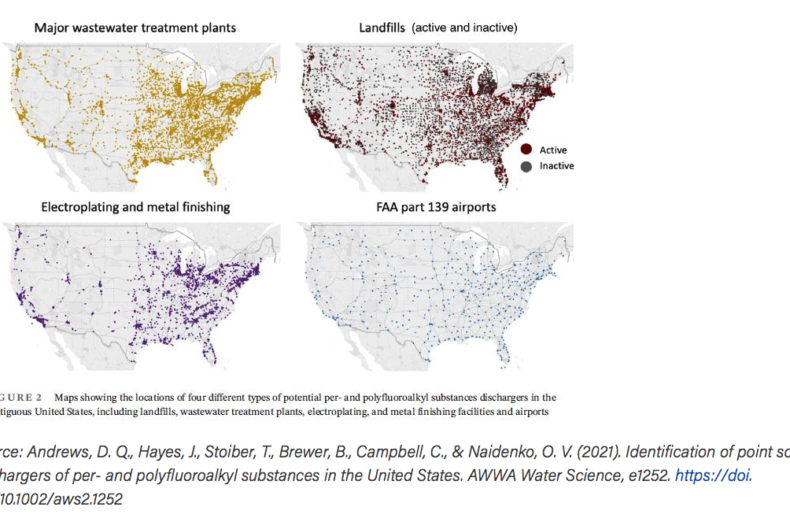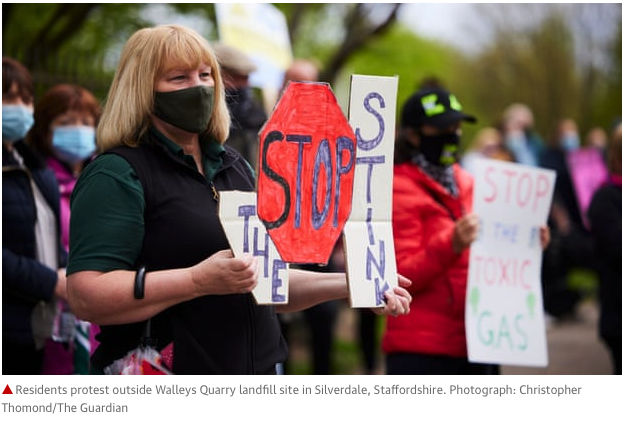Chemical pollution threatens Earth’s systems by damaging the biological and physical processes that underpin all life. For example, pesticides wipe out many non-target insects, which are fundamental to all ecosystems and, therefore, to the provision of clean air, water and food.
“There has been a fiftyfold increase in the production of chemicals since 1950 and this is projected to triple again by 2050,” said Patricia Villarrubia-Gómez, a PhD candidate and research assistant at the Stockholm Resilience Centre (SRC) who was part of the study team. “The pace that societies are producing and releasing new chemicals into the environment is not consistent with staying within a safe operating space for humanity.”





